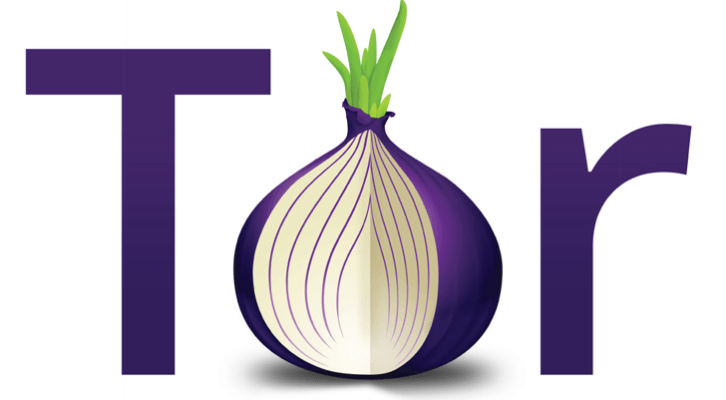Political dissidents and cyber criminals alike will soon be sending anonymous internet traffic through a library at Western University in Canada, thanks to a new “node” in the encrypted Tor network operated by staff there—the first to open at a library in the country.
In Canada, the legality of running a Tor node is essentially untested, making the high profile, institutionally-backed node at Western a potential target for the feds.
Tor is touted as a tool for people, such as journalists, to keep their browsing habits safe from spies and police. But more nefarious traffic, such as drug dealing or child pornography, also passes through the network. A small public library in New Hampshire began operating a Tor node last year, and faced pressure from the Department of Homeland Security to shut it down. The library resisted, and the node is still running.
“Frankly, in some ways, I would like to see them try”
“If any intelligence agency or law enforcement tries to intervene again, we will do the same thing that we did in New Hampshire: we will rally community support, we will get our very broad coalition of public interest organizations and luminary individuals, and amazing supporters, to support Western,” said Alison Macrina, director of theLibrary Freedom Project and adviser to the Tor project at Western.
“Frankly, in some ways, I would like to see them try,” she said.
Traffic going through Tor is encrypted and “hops” through three volunteer nodes—or relays—before reaching the regular web, thus staying relatively anonymous. At the moment, the Western node is running as a middle relay, which means that it operates as one of the three hops in the network, and is blind to the final destination of any traffic.
If the library were to switch its node to an “exit” (where Tor traffic finally enters the regular web), then information about where traffic is going could be known to Western—and that is what law enforcement would likely be interested in, Macrina said. She hopes that Western does make the switch, she added, because institutions are better suited to face legal pressure stemming from running a node than individuals. Staff from the Faculty of Information and Media Studies, the faculty at Western responsible for the node, could not be reached in time for comment.
“It’s great news to see more libraries and universities running Tor nodes,” Ian Goldberg, a University of Waterloo professor and inventor of the popular OTR encryption protocol, who operates a Tor exit node at the school, wrote me in an email. Goldberg noted that a middle relay should have no issues, legally, although exit node operators often “get annoyed by people on the Internet contacting them to ask why they are attacking various websites, sending them [copyright] notices for sharing content (in the US), etc.”
Tor use has been raised in at least one criminal case involving child pornography in Canada. Toronto police also told Motherboard last year that the force has investigated people operating Tor exits in the past, particularly in cases involving child pornography. At the time, the Canadian Civil Liberties Association (CCLA) said they had “nothing to add” on the subject.
When asked if the CCLA would support Western staff if Canadian law enforcement pressured them to shut their node down, however, spokesperson Jonah Kanter said, ”In principle we are in favour of tools that protect privacy and will continue to research how Tor nodes can help accomplish that.”
Macrina emphasized that if push came to shove, Western should expect the support of the CCLA and other civil rights organizations in Canada. If the feds come knocking, they may very well need it.
Source:https://motherboard.vice.com/

Working as a cyber security solutions architect, Alisa focuses on application and network security. Before joining us she held a cyber security researcher positions within a variety of cyber security start-ups. She also experience in different industry domains like finance, healthcare and consumer products.












